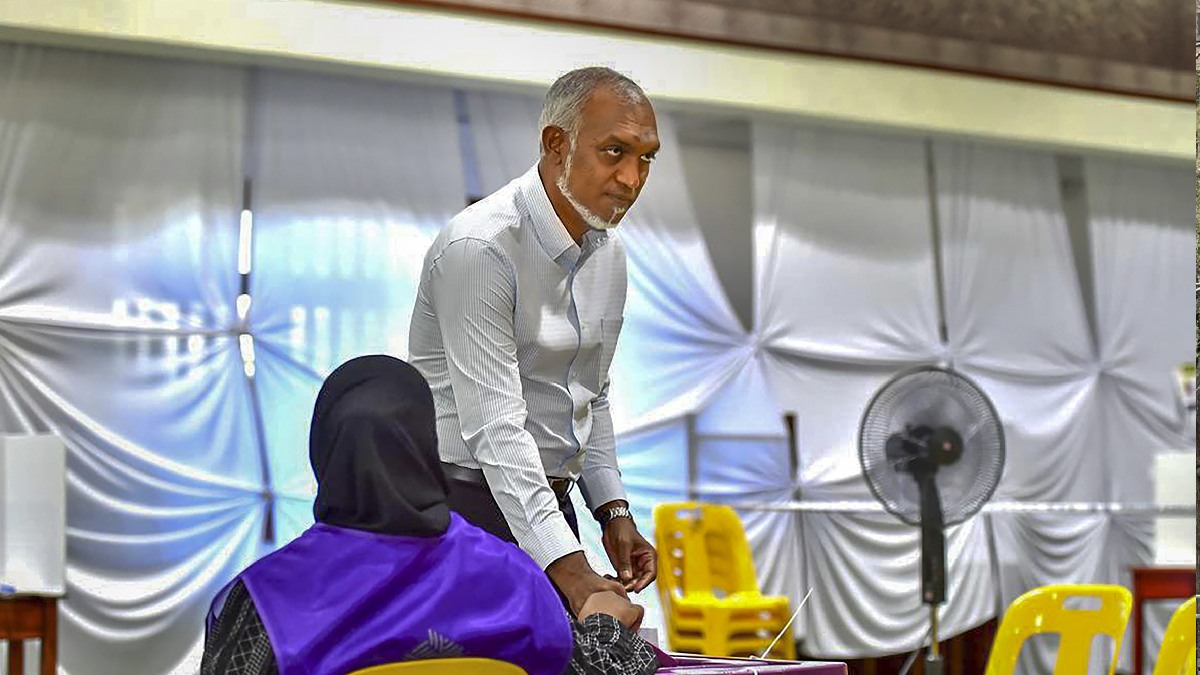
10 major judgments by Supreme Court in 2018
New Delhi, Sep 29: In his final week as chief justice, Dipak Misra has passed various judgments on important cases, ranging from the one on the constitutionality of Aadhaar to the case on the entry of women into the Ayyappa temple at Sabarimala.

Some of the judgments have been unanimously hailed.Others have been welcomed by some and criticised by others. Interestingly, those welcoming some judgements are the very people criticising some others. This is a clear indication that the court has not taken sides or played favourites.
Misra's last working day will be 1 October as the court will not be functioning the following day on the occasion of Gandhi Jayanti.
Here are the top 10 judgements by Supreme Court
Decriminalisation of section 377
In a landmark judgment, the Supreme Court on 6 September 2018 decriminalised homosexuality.The five-judge SC bench's decision to make gay sex legal has restored the LGBTIQ community members' faith in the Indian judicial system. While many take a sigh of relief that "they would not be seen as a criminal", Shashi Tharoor feels we all should "savour this victory".
The Supreme Court decriminalised homosexuality between consenting adults by declaring Section 377, the penal provision which criminalised gay sex, as "manifestly arbitrary".
Reservation in promotion for SC/ST government employees
The Supreme Court turned down an appeal to reconsider its own earlier order that had rejected the idea of reservations for Scheduled Castes (SCs) or Scheduled Tribes (STs) in government job promotions on September 26.
Validity of Aadhaar
The Supreme Court upheld the validity of Aadhaar on September 26, 2018 and struck down Section 57 of Aadhaar Act. It said, private companies cannot ask for Aadhaar. It won't be mandatory for opening of bank accounts, mobile connections.
Ram Janmabhoomi-Babri Masjid
The Supreme Court turned down two pleas in the Ayodhya case on September 27, 2018. One that directly deals with the way the disputed land was split according to the 2010 Allahabad High Court ruling, and another that would have had a direct impact on the Supreme Court's final verdict in the case.
Adultery
In a historic judgement, the Supreme Court quashed adultery as a criminal offence in India. The court underlined that Section 497 treats women as properties of their husbands and is hence manifestly discriminatory. It trashed the central government's defence of Section 497 that it protects the sanctity of marriages.
Sabarimala verdict
The Supreme Court lifted centuries' old prohibition of women between ages 10 and 50 from entering Sabarimala temple in Kerala on Friday. "The practice in Sabarimala temple violates the rights of Hindu women. It has to be in harmony with the Constitution" said Chief Justice of India Dipak Misra.
Bhima Koregaon arrest
In a setback for activists, the Supreme Court ordered an extension of the house arrest of activists for four more weeks on September 28, 2018.
Live streaming of court hearing
The Supreme Court on Wednesday decided to bring its courtroom proceedings under public glare by agreeing to live-streaming of court functioning, paving the way for people to watch the courtroom drama live as it unfolds on September 26, 2018.
Politicians with criminal antecedents
In its unanimous verdict, a five-judge bench led by Chief Justice Misra on Tuesday left it to Parliament to bar lawmakers facing trial for heinous and grievous offences from contesting elections by enacting a "strong law", while it observed that the criminalisation of politics is a bitter manifest truth and a "termite" to the citadel of democracy.
Refusing to put a ban on candidates with criminal antecedents from entering the poll fray, the court said the law should also make it mandatory for political parties to revoke the membership of candidates facing serious criminal cases.
Triple Talaq
The Supreme Court on August 22, 2017 banned a controversial Islamic practice of instant divorce as arbitrary and unconstitutional, in a landmark verdict for gender justice that will stop Muslim men calling off a marriage on a whim.
The top court said Triple Talaq violates the fundamental rights of Muslim women as it irrevocably ends marriage without any chance of reconciliation.


 Click it and Unblock the Notifications
Click it and Unblock the Notifications


































